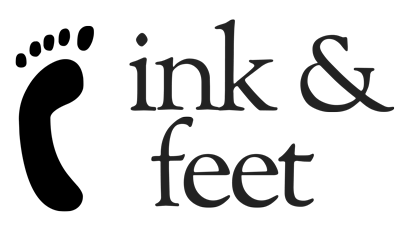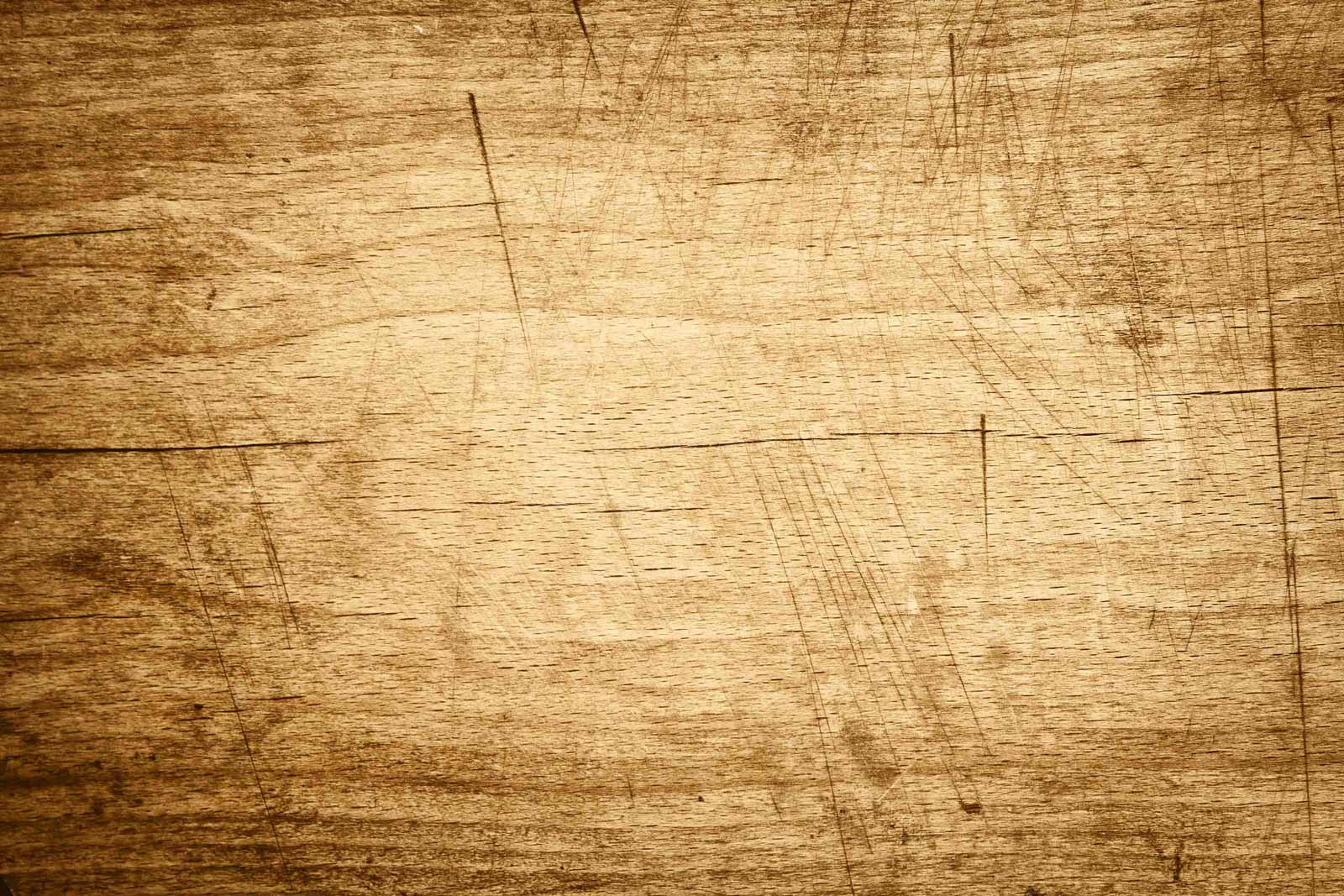Enjoy this letter? Get next Sunday's sent straight to your inbox.

 Ink and Feet
Ink and Feet


I was squished the middle seat of a tiny taxi, listening to Juan David, a man I'd just met, tell me about his city.
"People in Medellín want to be the best, and to have the best," he told me, voice a mix of serious and passion.
"Our metro is the best metro in the world. Our art is the best, our restaurants are the best, our dancing is the best. Everything."
We passed a pair of green flags flitting from the windows of a passing taxi.
"Like our soccer team, Atletico Nacional - it's the best team in Colombia." He was trying to make a different point, but couldn't help himself. "I mean, you can look at the statistics, they're the best, every single year."
He nearly launched into the fan's canon, but we hit a red light, and he regained his footing. "It's not just football - it's everything. The kindness of the people. The things we make. With all of it, we think we're the best, and we don't accept less than that."
"But the thing is," he said, "we don't look over the mountains enough."
Medellín is canyon-bound. At night, a third of where you'd expect the sky to be is instead a glittering gold, in every direction. From the surrounding peaks, you look down into a shimmering lake of people, light flowing around the valley. It's stunning, spectacular - and limiting.
Years ago, I woke up, as I do often, to find that Sleepy Me had written a note sometime in the night, and left it on the bedside table.
"It's no good to be king of the front lawn".
I knew immediately what Sleepy Me meant, and it's the same point Juan David brought up in that cramped cab.
Because of how our brains are wired, we tend to judge ourselves by the small worlds we inhabit most often. Work. Home. Group of friends. Normal social activities.
It's built in biology - our brains love safety, comfort, and defined boundaries.
And credit where it's due - those values have served us well over the ages, providing reliable food, shelter, and making sure we weren't eaten by predators.
But these days, we generally have reliable food, and there aren't jaguars lying in wait in the night. Except our brains haven't changed with the times - they're still wired up the exact same way.
Today, instead of a landscape full of food and danger, that wiring is turned toward our everyday lives. It creates tiny fiefdoms for us to live in, and convinces each of us that we're kings and queens.
It discards the world outside the regular, and limits what we see as possible - and by extension, what we're able to do with our singular and precious lives.
If I've learned one thing in these travels, it's that outside the borders of comfort and what I know is where everything good is hiding.
That taking time to look over the mountains and go explore is the only thing that's truly helped me grow.
So this week, I'm trying something.
I'm looking around the landscape of my life, and finding mountains I never look over. Places where I'm honestly not sure what's on the other side.
Surprisingly, they're easy to find. My brain, like a four-year-old with a secret, shushes loudly, "it's not over heeere." Thanks, buddy. You're holding it behind your back. I can see it.
They're things like areas of town I'd never consider going to. Beliefs that I've dismissed without exploring them with an open mind. Even the simple bounds of my dinner plate, the cuisines I've never tried.
Then, this week, I'm making it a point to look over those mountains, explore, and see what's over there, anyway.
Always, I invite you to join me. I'd love to hear what you find.
-Steven
p.s. The (second) best thing I read this week was this piece on Lowell Wood. He's one of the world's top inventors, and wonderfully, relentlessly optimistic about the future.
p.p.s. The actual best thing I read this week will take you an hour to read. But, if you want to know everything there is to know about how the prison system in the U.S. got to the place it is today (and what can be done to fix it), there's nothing better than Ta-Nehisi Coates' piece in the Atlantic.
Enjoy this letter? Get next Sunday's sent straight to your inbox.
